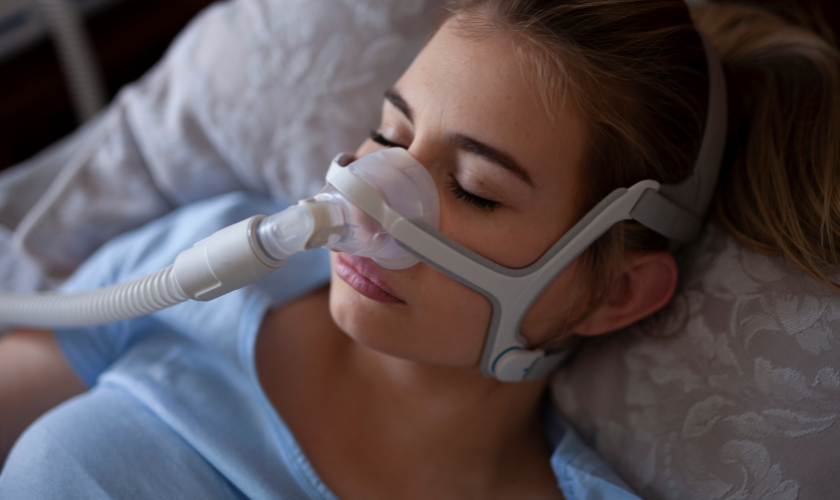
Breathing patterns shape a child’s overall well-being. While nose breathing supports proper development, mouth breathing can lead to health concerns. Many parents overlook this issue, but identifying and correcting it early can prevent long-term problems. From sleep disturbances to misaligned teeth, mouth breathing affects more than just how kids take in air. Understanding the differences and taking action can improve their health. Here’s why it matters and how an oral appliance can help.
How Mouth Breathing Affects Health?
Mouth breathing impacts multiple areas of a child’s health, including:
- Facial Development: Prolonged mouth breathing alters jaw growth and face structure. It may lead to long faces, narrow jaws, and misaligned teeth.
- Oral Health Issues: Dry mouth increases the risk of cavities, gum disease, and bad breath. Saliva production drops, allowing harmful bacteria to thrive.
- Sleep Disruptions: Kids who breathe through their mouths often experience restless sleep, snoring, and sleep apnea. Poor sleep affects mood, concentration, and growth.
- Weakened Immune System: The nose filters dust, allergens, and pathogens. Mouth breathing bypasses this natural defense, increasing the risk of infections.
- Speech and Swallowing Problems: Improper tongue posture affects speech clarity and swallowing patterns, leading to long-term speech difficulties.
Why Nose Breathing is Better?
Nose breathing offers essential health benefits that support overall development:
- Optimal Oxygen Intake: The nasal passages filter, warm, and humidify the air, ensuring proper oxygen absorption.
- Stronger Jaw and Teeth Alignment: Correct tongue posture supports natural jaw growth and prevents dental misalignment.
- Improved Sleep Quality: Kids who breathe through their noses sleep more soundly and wake up refreshed.
- Better Immunity: The nose traps bacteria and viruses, reducing the chances of colds and allergies.
- Enhanced Focus and Mood: Increased oxygen flow to the brain helps with concentration, learning, and emotional stability.
Signs of Mouth Breathing in Kids
Parents can look for these warning signs to determine if their child is mouth breathing:
- Constantly sleeping with an open mouth
- Snoring or breathing loudly at night
- Dry lips and frequent thirst
- Crowded or misaligned teeth
- Daytime fatigue and difficulty focusing
- Chronic bad breath despite regular brushing
How Does a Habit Corrector Oral Appliance Help?
A habit corrector oral appliance is designed to retrain breathing patterns and promote nasal breathing. It offers:
- Jaw Alignment Support: Guides the jaw into a proper position, preventing long-term misalignment.
- Encouragement for Nose Breathing: Helps kids close their mouths at night and maintain correct tongue posture.
- Prevention of Dental Issues: Reduces the risk of overcrowded teeth and supports natural jaw growth.
- Better Sleep Patterns: Addresses sleep-disrupting habits, leading to improved rest and energy levels.
Simple Exercises to Encourage Nose Breathing
Parents can incorporate these exercises to help their child develop proper breathing habits:
- Lip Sealing Practice: Have the child hold their lips together for short periods while awake.
- Nasal Breathing Drills: Encourage slow, deep breaths through the nose using fun games.
- Tongue Placement Training: Teach kids to rest their tongue on the roof of their mouth when not eating.
- Bedtime Reminders: Gently close the child’s lips if they sleep with an open mouth.
Mouth breathing affects a child’s health in more ways than most parents realize. Early detection and intervention make a significant difference in facial growth, sleep quality, and overall well-being. Nose breathing is better for everyone irrespective of age. A Habit Corrector oral appliance can be an effective solution to guide proper breathing habits. Addressing the issue now can prevent long-term complications. For more guidance, schedule a consultation with a specialist today.



